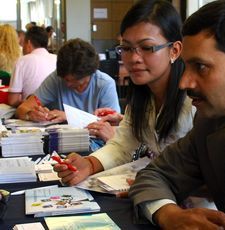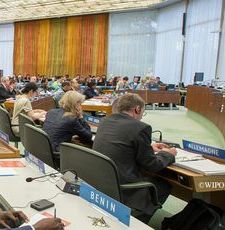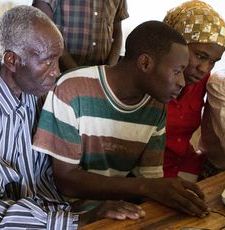ABOUT THE RESOURCE
On 12 October 2021, EIFL’s comments on Nigeria’s Copyright Bill 2021 (Executive Bill) were presented at a public hearing organized by the Nigerian Senate on two copyright amendment Bills tabled before it. The two Bills, the Executive (or public) Bill and a Private Bill are presently in the process of being harmonized by the Senate.
EIFL’s comments express support for the objectives of the Copyright Bill 2021 (Executive Bill), to protect the rights of authors, and to provide for appropriate limitations and exceptions to ensure access to creative works.
EIFL notes that the COVID-19 had highlighted the importance of appropriate exceptions to enable online access to digital resources when libraries shifted their operations online. In addition, EIFL notes that balanced limitations and exceptions enhance the credibility of the copyright system in the eyes of the general public, and lead to greater compliance with the copyright laws, especially in the digital age. EIFL also supports the exceptions to copyright that are consistent with Nigeria’s international treaty obligations.
However, EIFL raised two technical points -
- the provision on exceptions for the making of copies accessible to people with visual impairments, which is narrower than that required by the WIPO Marrakesh Treaty for persons with print disabilities
- the need for clarification of the sections on circumvention of Technical Protection Measures (TPMs).
Further information
Desmond Oriakhogba, Barrister and Solicitor of the Supreme Court of Nigeria, and Lecturer, Law Faculty, University of Benin, presented EIFL’s comments at the Senate hearing. Afterwards, he blogged about the hearing. See Nigeria quietly, but surely, embracing balance, openness and flexibility in her copyright regime? by Desmond Oriakhogba.
SHARE / PRINT









